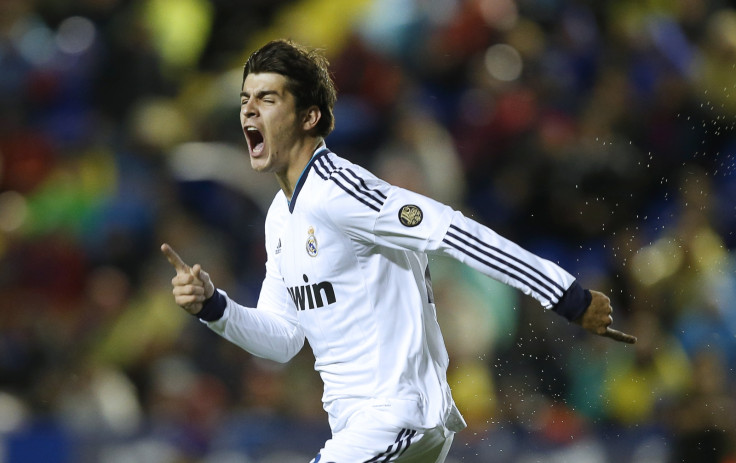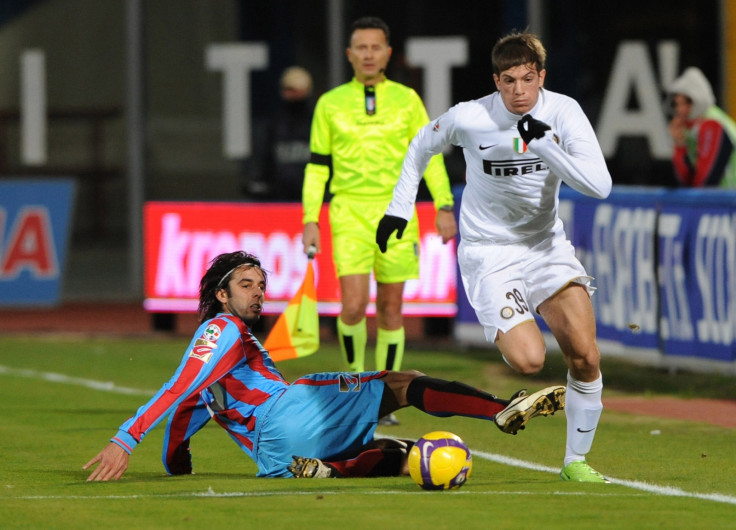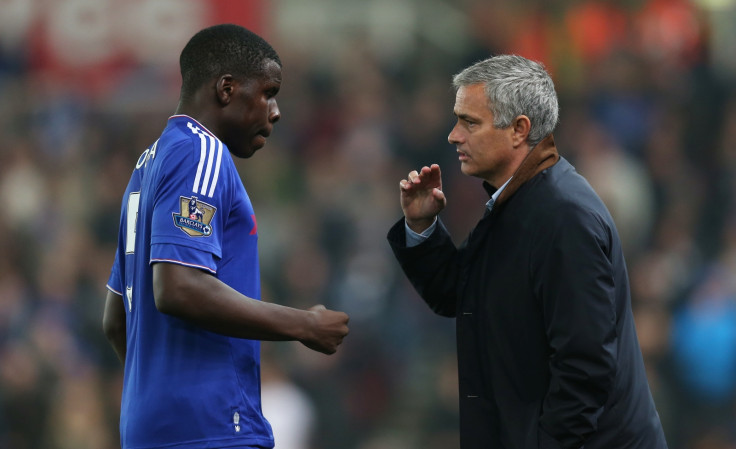Jose Mourinho's history shows he can end anti-youth perception and continue Manchester United traditions
Now Jose Mourinho's appointment as the new Manchester United manager has finally been confirmed, we can begin to ruminate upon the huge questions that have accompanied his arrival. Does Juan Mata have a future under the manager who previously sold him? Will Michael Carrick be given a new contract? Does this bring Ryan Giggs' 29-year association with the club to an end?
Perhaps the biggest predicament is Mourinho's reluctance to look to look to youth. It's a criticism that has stuck with him throughout his managerial career and was most notably used as a stick to beat him with at Chelsea, where he gave just nine academy graduates their debuts during two spells at the club.
Whether they were the club's own emerging talents like Ryan Bertrand or Nathaniel Chalobah, or those brought in such as Romelu Lukaku and Kevin de Bruyne, none seemed to figure in the Special One's reckoning.

Mourinho has offered a defence to the perception he has no time for young players. "Any time I have had young players with the ability to become top players and play for the first team, any time I had that, I picked them. I did it everywhere I worked."
Manchester United's history for embracing young talent, particularly those who emerge from their own ranks, will be the biggest test of Mourinho's strategy. But while the Portuguese is unlikely to measure up to Sir Alex Ferguson or Louis van Gaal in placing unequivocal faith in youngsters, he will feel the reputation he has picked up is slightly harsh.
During his three years at Real Madrid, perhaps the most difficult club in the world for a young player to breakthrough into the first-team, Mourinho gave 18 academy graduates their debuts. Among those was Alvaro Morata, the Spain striker who is now honing his reputation as a truly big-game player at Juventus and looks likely to be one of the summer's most sought-after players.

Also to be handed his debut by the Portuguese during his first season in charge is current Real defender and Spain international Nacho, while Jese Rodriguez was also given his first-team bow the following campaign.
Raphael Varane was signed by the club in 2011 from RC Lens as an 18-year-old and featured regularly under Mourinho from the off. The France international was a firm favourite of the manager's, so much so that he described him as "the best young defender in world football" following his return to Chelsea two years later. Brazilian midfielder Casemiro, now a rock in the Real midfield, was another to arrive at the Santiago Bernabeu during Mourinho's reign, receiving his full debut in the final month of the Special One's spell in the Spanish capital.
After Mourinho took over at Inter Milan in 2008, 17-year-old Davide Santon was given his first team opportunities at the expense of the vastly experienced Christian Chivu. After just eight senior appearances, the manager handed him the task of marking Cristiano Ronaldo as Inter and United met in a Champions League last 16 clash in 2009. Santon, who was at the time being compared to Nerazzurri legend Giacinto Facchetti, was Inter's stand-out player in the 0-0 draw at the San Siro and was lavished with praise from his coach.

But Mourinho is most significantly haunted by his failure to bring more Chelsea academy players into his first-team plans. While the club celebrated their fifth FA Youth Cup in five years in May, John Terry is still the only ex-player to have gone on to be a first-team regular in 18 years. While not all of that can be laid at Mourinho's feet, he bears the brunt of the criticism.
While the club's homegrown talent has suffered, Mourinho showed at Chelsea he was not afraid to hand responsibility to youngsters who he identifies as being ready for the task. A 22-year-old Petr Cech swiftly established himself as Chelsea's no. 1 ahead of the more experienced Carlo Cudicini in his first season at Stamford Bridge in 2004. Ten years later, it was Cech who was being ousted for a younger goalkeeper, with Thibaut Courtois, then 21, returning from a loan spell at Atletico Madrid to take a starting role.

Similarly to his relationship with Varane, Mourinho was quick to place his trust in Kurt Zouma during his second spell at Stamford Bridge, having made personal calls to the young Frenchman in 2013, urging him to join his side from Saint Etienne ahead of other interested parties. In Chelsea's Capital One Cup final meeting with Tottenham Hotspur in 2015, the manager's faith was encapsulated when Zouma was handed the responsibility of anchoring Chelsea's midfield. Mourinho trusted the youngster to rely on a totally different skill set on a big stage. It didn't work out too badly, with the Blues going on to win 2-0.
And before Chelsea's 2015-16 campaign went so spectacularly wrong, he also appeared ready to throw Brazilian youngster Kenedy straight into the first team, having fought for the youngster to secure the required paperwork that would allow him to join the club immediately, rather than go out on loan.
Despite the turmoil around him at Stamford Bridge, Kenedy still made seven appearances under Mourinho, just four less than he did for Guus Hiddink. And while their impact was minimal under their former coach, it was still the Portuguese who handed Dominic Solanke and Ruben Loftus-Cheek, arguably the club's two most talented English players, their first-team debuts, the latter becoming Chelsea's youngest-ever player in Europe.
In Marcus Rashford, Timothy Fosu-Mensah and Cameron Borthwick-Jackson, United have three players whose development will be heavily scrutinised under Mourinho's management. Andreas Pereira, Adnan Januzaj and James Wilson, all of whom struggled for their places under Van Gaal, will also have their futures under the former Chelsea boss questioned. But if Mourinho is serious about ending what he believes are misconceptions about his attitude to youth, he will have no better chance to do it than at Old Trafford.
© Copyright IBTimes 2025. All rights reserved.






















